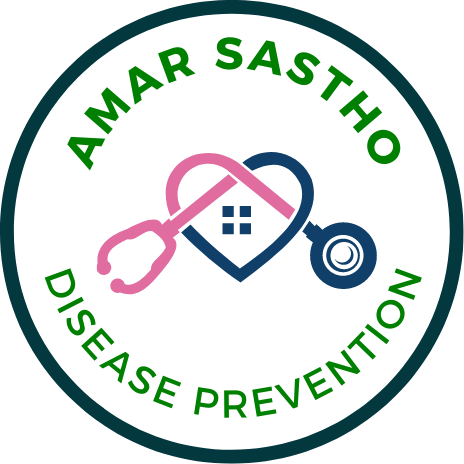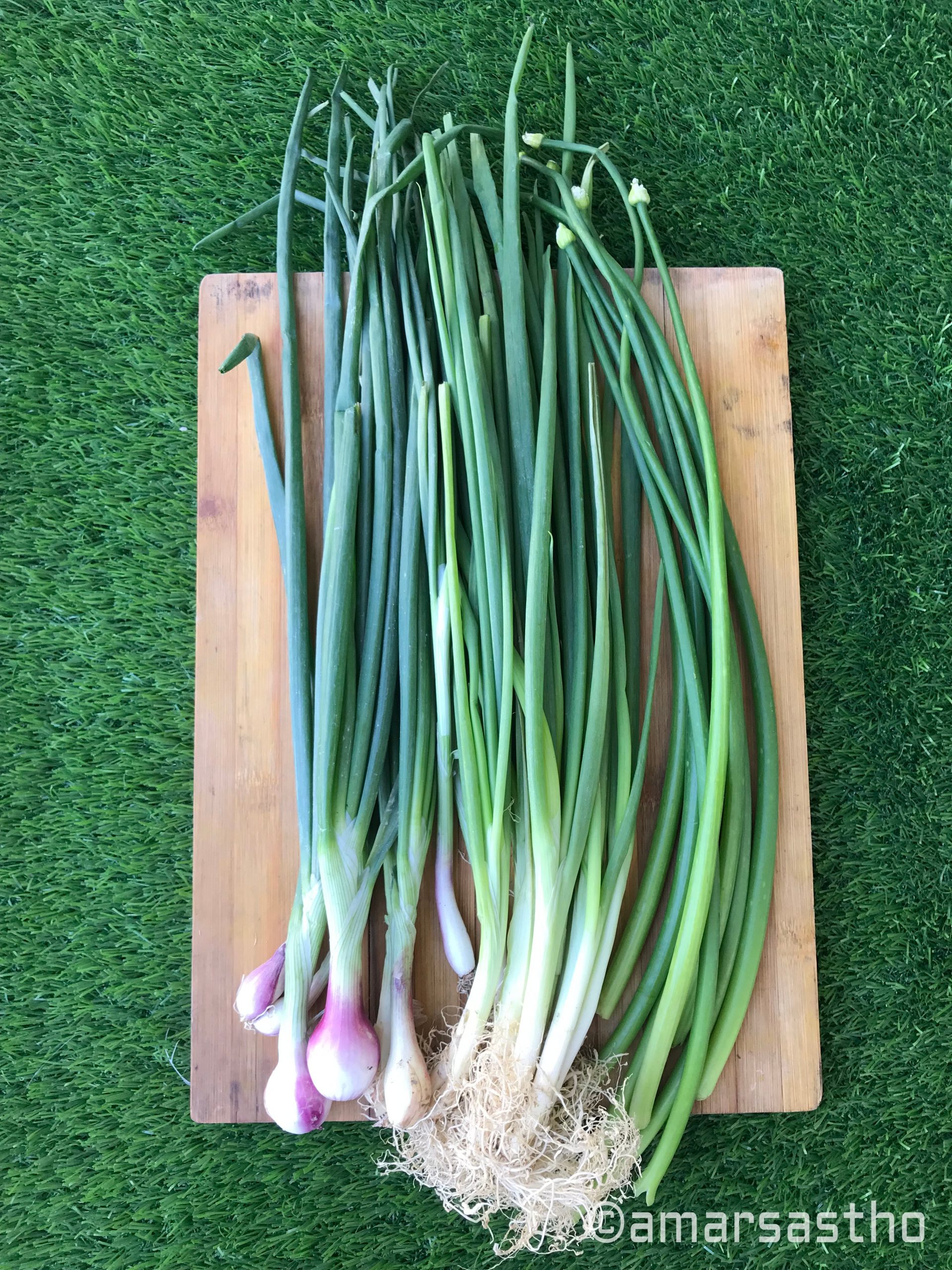Chives are part of the allium family of vegetables and herbs. This family also includes garlic, scallions, onions, etc. In the Asian subcontinent, we commonly eat the onion or garlic chives.
Commonly, Chives come in two types – onion chives (the most common chives) and Chinese chives (called garlic chives). While onion chives have hollow leaves, garlic chives have flat leaves.
Chives are a common topping for many dishes, and many people use this herb in mixed vegetable dishes, fried rice, etc. that call for onions. Not only do chives impart a flavor to many recipes, but chives also offer numerous health benefits.
100 grams of chives contain:
- Energy 30 Kcal
- Carbohydrates 35 g
- Protein 27 g
- Total Fat 0.73 g
- Cholesterol 0 mg
- Dietary Fiber 2.5 g
- Folates 105 µg
- Niacin 647 mg
- Pantothenic acid 0.324 mg
- Pyridoxine 0.138 mg
- Riboflavin 0.115 mg
- Thiamin 0.078 mg
- Vitamin A 4353 IU
- Vitamin C 58.1 mg
- Vitamin E 0.21 mg
- Vitamin K 212.7 µg
- Sodium 3 mg
- Potassium 296 mg
- Calcium 92 mg
- Copper 0.157 mg
- Iron 1.60 mg
- Magnesium 42 mg
- Manganese 0.373 mg
- Phosphorus 58 mg
- Selenium 0.9 µg
- Zinc 0.56 mg
- Carotene-ß 2612 µg
- Crypto-xanthin-ß 0 µg
- Lutein-zeaxanthin 323 µg
Health Benefits:
- Few studies have shown that allium vegetables (chives) comprehensively in relation to cancer, especially stomach and colorectal cancers. Their beneficial and preventative effects are likely due in part to their rich organosulfur compounds.
- Many pieces of evidence and researchers have found that men with the highest intake of Chives vegetables had the lowest risk for prostate cancer.
- Regular consumption of chives (allium) vegetables has connections to a lower risk of stomach cancer.
- The flavonoid antioxidants in Chive vegetable namely lutein and zeaxanthin are known to protect one from lung and mouth cancers. Chives are also rich in fiber, and this helps to prevent colon cancer.
- Chives also contain allicin, an important antioxidant known to help prevent breast cancer.
- There is a wide range of vitamins and minerals found in chives, but one of the most important is vitamin K, which is an essential nutrient that is not widely found in many common foods. Vitamin K is very important in the maintenance of bone mineral density and bone integrity. As we become old, our bone mineral density begins to drop, leading to conditions like osteoporosis and exacerbating inflammatory conditions like arthritis.
- Chives are very good for heart health Chives to enhance the blood circulation as well. The vitamin C they contain improves the elasticity of the blood capillaries and iron absorption. The folic acid in chives prevents the constriction of blood vessels.
- The allicin in chives bags the credit again. It is organosulfur and it considers helping lower cholesterol and blood pressure levels. Allicin not only helps to lower the levels of bad cholesterol (LDL cholesterol) but also increases good cholesterol levels (HDL cholesterol) which is good for the
- Chives are extremely good for pregnant women. The essential nutrients in chives, folic acid, is essential for pregnant mothers who want to ensure the healthy development of their infant. Folic acid prevents neural tube defects in newborn infants.
- Chives reduce less sleeping problems. Chives contain choline. Choline is an important nutrient that helps with sleep, muscle movement, learning, and memory.
- Chives contain choline. Choline is an important nutrient that helps with sleep, muscle movement, learning, and memory.
- Chives help in good vision power. Lutein and zeaxanthin in chives, which reduce oxidative stress in the eyes and boost vision health. They also slow down the development of cataracts.
- The allyl sulfides and other unique organic compounds found in chives deliver similar benefits to the body as garlic, and can effectively ease digestive discomfort.


